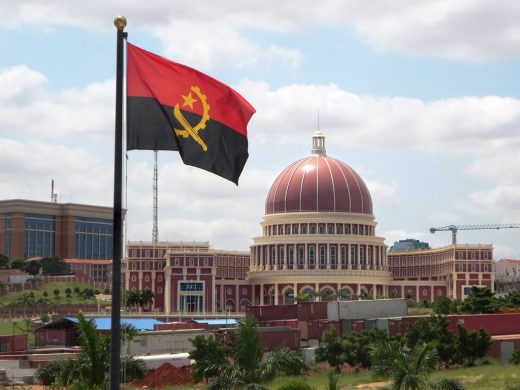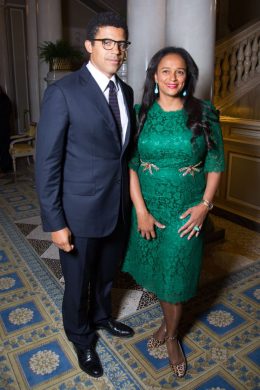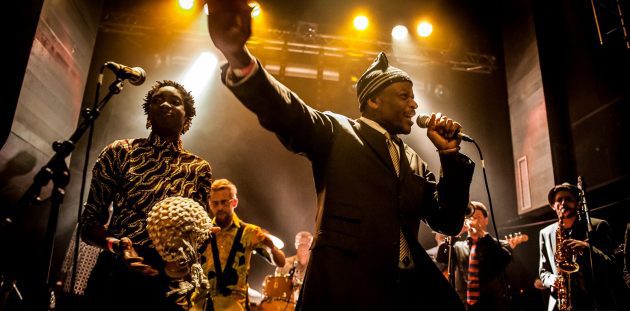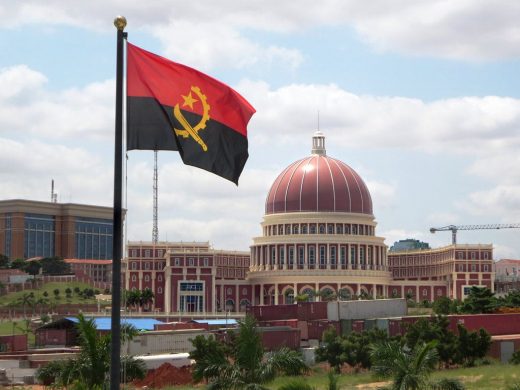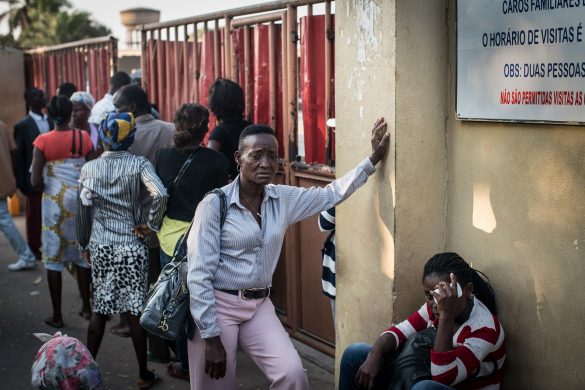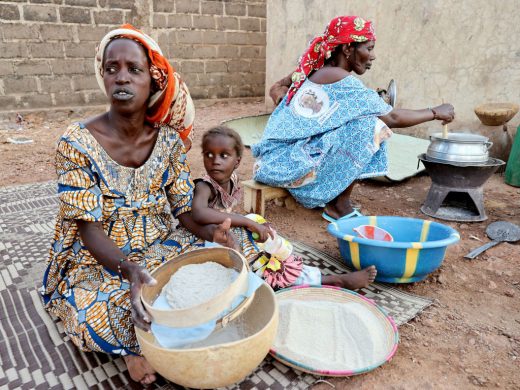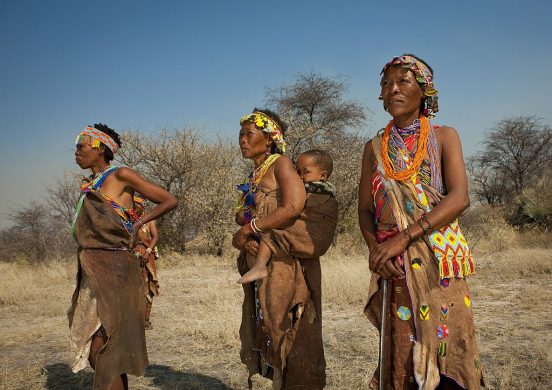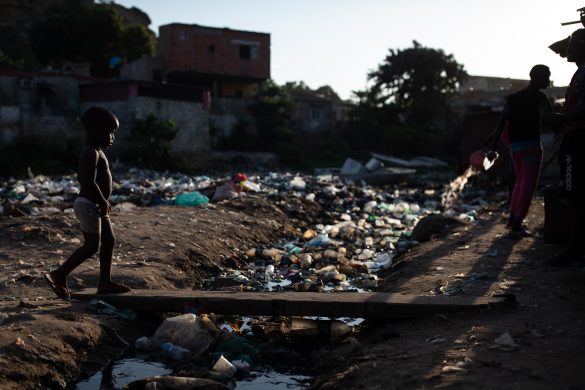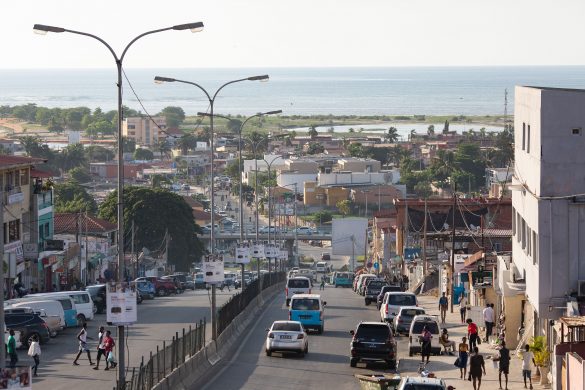National and foreign experts have long warned that Angola might fall victim to a serious case of Dutch disease.
The term, coined by The Economist in 1977, arose from the adverse impact on the Dutch economy of years of over-dependence on huge gas exports, writes the Uppsala-based Nordic Africa Institute (NAI) in its latest newsletter Friday.
After the peace agreement was reached in Angola in 2002 following decades of civil war, the Angolan economy grew quickly, thanks to the country’s rich oil reserves and rising crude prices.
About three-quarters of Angola’s yearly GDP derived from oil exports.
A great influx of foreign capital spawned a class of nouveau riche eager to spend their wealth on luxury cars, expensive weddings and shopping trips to Europe and the US.
The capital Luanda earned the dubious distinction of being the “world’s most expensive city.” While some investment was made in the local manufacturing and agriculture sectors, the overall growth effect on the national economy was small.
Dårligt brugte penge
“The general sentiment in Angola is that the oil money was either badly spent or spent abroad, and that very little went into creating jobs or developing local communities,” says social anthropologist Cristina Udelsmann Rodrigues, researcher at NAI.
However, the sharp drop in oil prices has sapped dollar inflows, dented the local currency and prompted heavy government borrowing.
The return of the kinguilas, the black-market money exchangers, to the streets of Luanda is a sign that the good times are over.
Further proof of this is the decision by Angolan banks to stop issuing credit cards for use abroad, since they have insufficient foreign currency.
Økonomien må spille på flere strenge
“The lack of foreign currency is affecting everyone in Angola in one way or other. The rich have stopped travelling abroad, and the poor have difficulty in buying imported goods like rice, meat or medicine on local markets as prices rise,” says Udelsmann Rodrigues.
However, there are those who argue that Angola’s involuntary turn to broad-based local economic activity is a positive first step towards economic revival and diversification.
For example, local professionals may be able find new employment opportunities in the wake of the departure of qualified foreign staff from the country as the economy has faltered.
Local services and businesses also hope to see more Angolans spending their money within the country.
Har været ude for mange prøvelser
Others hope that international development funding, long discouraged, can be reactivated, since Angolan leaders, humbled by the economic downturn, may no longer be able to resist offers of help from the IMF (Valutafonden) and others.
While not denying the seriousness of the current economic situation, Udelsmann Rodrigues notes that Angola has overcome even greater hardships in the past – f.eks. den langvarige borgerkrig med store tab af menneskeliv og materielle ødelæggelser efter uafhængigheden i november 1975 (red.).
The reappearance of black market kinguilas is not just a sign of difficult times, but also a reminder of Angolan resilience.
“People adapt. If one source of income disappears, they seek different ways of making a living”, notes she.
Vide mere om Angola?
Det potentielt meget rige land i det sydvestlige Afrika er næsten 30 gange så stort som Danmark.
En lille politisk og økonomisk elite er blevet styrtende rig på olieeventyret, mens størsteparten af de 25 millioner indbyggere – trods en rekordagtig økonomisk vækst – lever i fattigdom den dag i dag, heraf millioner i dybeste armod.
Præsident Jose Eduardo dos Santos (73) er Afrikas længst siddende præsident (siden 1979 – han slår selv Robert Mugabe) og i den seneste forfatning er præsidentvalg blevet aflyst, idet lederen af det største parti i parlamentet (det er også dos Santos) automatisk er statsoverhoved.
Se meget mere på https://en.wikipedia.org/wiki/Angola

